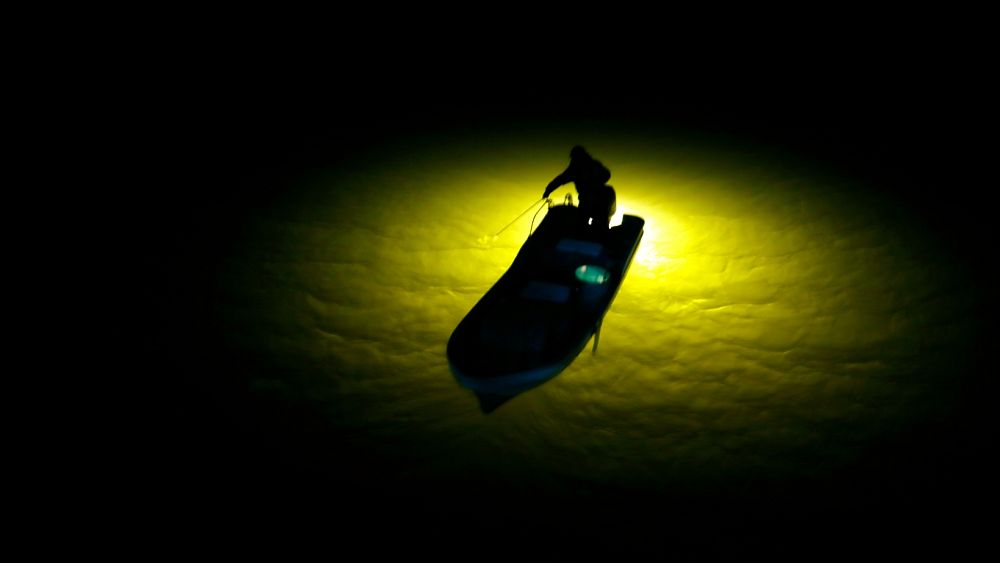
European police have foiled a multi-million euro eel smuggling ring, according to a statement from Europol released on Thursday.
The European Union’s Agency for Law Enforcement Cooperation said the joint operation, involving police forces from across the world, “dealt yet another major blow to organised crime groups” engaged in eel trafficking.
More than 250 people involved in the illegal trade were arrested in “Operation LAKE”, which ran from October 2022 to June 2023.
Europol estimated the criminal network was responsible for trafficking 25 tonnes of live glass eels worth around €13 million, with 8 tonnes of baby eels already en route to Asia to be raised in fish farms and sold on.
Trafficking glass eels, also known as elver trafficking, is highly controversial.
The snake-like fish are prized in some countries for their appearance and meat. However, there are concerns that the trade is both ecologically damaging and cruel.
The methods used in glass eel trafficking vary, but the practice usually involves capturing the young fish during their migration from freshwater to the ocean. This can be stressful for the eels and can result in injuries or mortality.
Transporting them over long distances, often in crowded conditions, can further damage their health and welfare.
Many countries have implemented regulations and restrictions to control and monitor the trade of glass eels, aiming to protect populations and ensure more humane practices.
In its announcement of the latest action, Europol called the illicit buying and selling of the protected species “one of the most devastating crimes against wildlife worldwide”.
The European eel (Anguilla anguilla) population has decreased by 90% in recent years, and the force said persistent law enforcement activities “could be partly responsible for preventing the species from being wiped out entirely”.
Estimates cited by Europol show that incidents involving the trafficking of eels have fallen by 50% since 2016, the year after Operation LAKE was launched.
Several criminal networks are responsible for trafficking these fish from Europe to Asia. EU nationals are largely responsible for illegally fishing the young eels in European waters while those from destination countries in Asia arrange logistics and transportation.
Among the 256 arrested were Chinese, Malaysian, French, Spanish and Portuguese nationals, including “two high-value targets”, said Europol.
“These successes substantially disrupt the organised criminal networks involved in this multi-billion euro activity.
“The trafficking of glass eels is one of the most substantial and lucrative illegal trades of protected species across the globe, with illegal profits estimated to be up to €3 billion in peak years,” it added.





